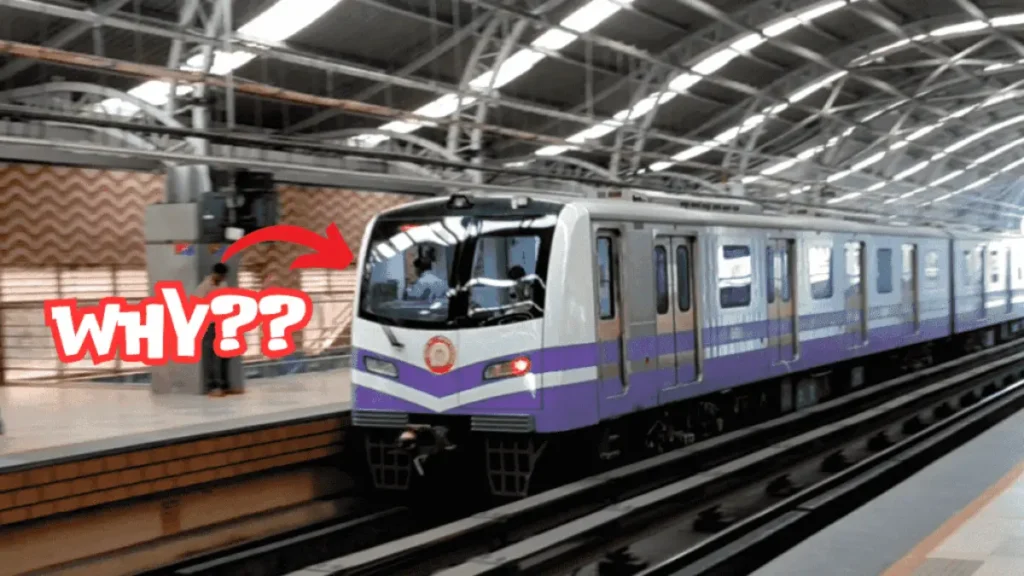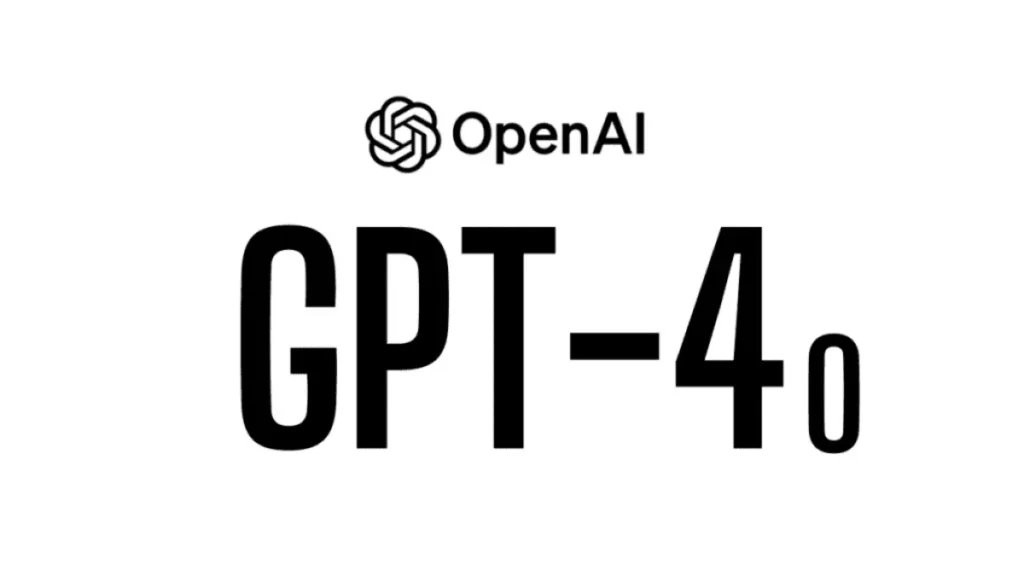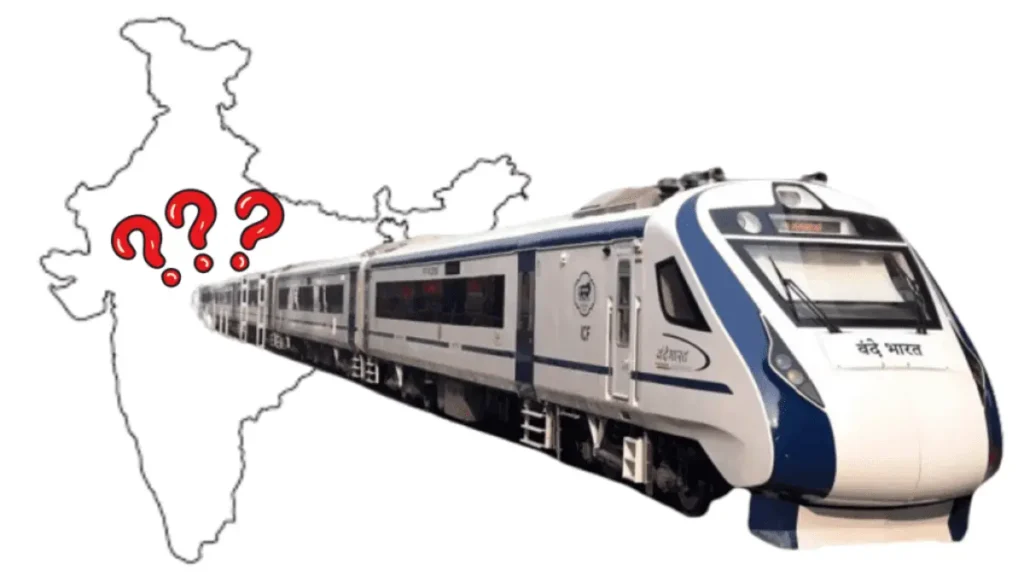The current arrival of new metro rakes in Kolkata, manufactured through Chinese locomotive maker Dalian, has raised questions about why Chinese metro trains had been ordered when India has significant domestic production capabilities.
This article delves into the reasons behind this selection, the ancient context, and the results for destiny metro tasks in India.
Historical Context of the Order
Early Metro Projects in India
Metro systems in India have seen rapid expansion over the past many years. While most new metro lines make use of domestically produced rakes, there are exceptions.
Kolkata Metro, India’s oldest metro system, has lagged in modernization in comparison to different towns.
The Integral Coach Factory (ICF) to start with synthetic non-air-conditioned rakes for Kolkata Metro, but these had been outdated as compared to fashionable standards.
The 2019 Order for Chinese Metro Trains

In 2019, the selection was made to modernize Kolkata Metro’s fleet. The order for 14 metro rakes from CRRC Dalian, a Chinese corporation, was positioned to replace the getting older, non-air-conditioned rakes.
The settlement, well worth INR 1700 crores, aimed to introduce rakes with higher acceleration, braking, electricity efficiency, and improved passenger potential.
Read Also: Vande Bharat Sleeper Trains: Routes Update
Factors Influencing the Purchase
Slow Progress and Bureaucratic Hurdles
Kolkata Metro’s progress has been notoriously slow, mostly because of its integration with Indian Railways. Unlike metro structures in other cities controlled by way of unique motive motors (SPVs) like DMRC or MMRCL, Kolkata Metro’s tasks are directly overseen by way of Indian Railways, main to bureaucratic delays and inefficiencies.
Pre-Existing Contracts and International Trade Norms
The agreement with CRRC Dalian became signed earlier than the deterioration of India-China family members. Post-2020, following the COVID-19 pandemic and border clashes, India adopted a extra protectionist stance, emphasizing self-reliance and decreasing dependency on Chinese imports.
However, canceling current contracts could have caused criminal and financial repercussions, consisting of capability damage to India’s reputation in the World Trade Organization (WTO) and international markets.
Impact of the COVID-19 Pandemic
Delays in Production and Delivery
The COVID-19 pandemic significantly behind schedule the production and shipping of the ordered rakes. Global supply chain disruptions affected manufacturing timelines worldwide, which include the delivery of the metro rakes from China to India.
Shifting Political and Economic Policies
Post-pandemic, India’s push for Aatmanirbhar Bharat (Self-Reliant India) gained momentum, resulting in stricter policies against Chinese investments and imports.
This shift made destiny Chinese orders not likely, but pre-present contracts, which include the only with CRRC Dalian, remained unaffected to preserve worldwide exchange credibility.
Future of Metro Projects in India
Increasing Domestic Production Capabilities
India’s metro projects are more and more counting on home production capabilities. Companies like Titagarh Wagons and Bharat Earth Movers Limited (BEML) are leading the rate in production metro rakes within the U.S.
New metro traces in cities like Delhi, Mumbai, and Bengaluru are predominantly the use of domestically produced rakes, showcasing India’s developing technological and production prowess.
Lessons Learned and Strategic Shifts
The Kolkata Metro case highlights the need for strategic foresight in public transportation tasks. Future contracts are possibly to prioritize domestic producers to align with countrywide policies and mitigate geopolitical dangers.


